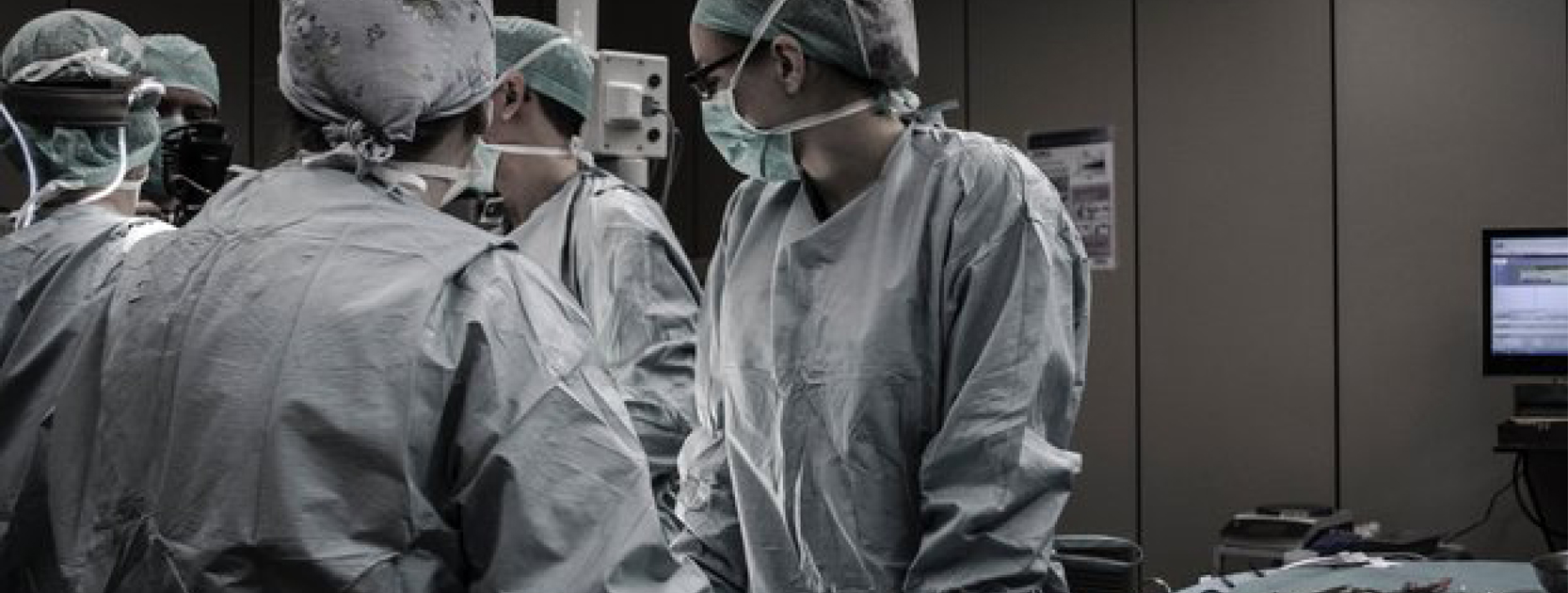News

Aug 12, 2019 by Foresight
Types of Medical Expert Witness You May Need For Court
A medical expert witness and their testimony in court can be a crucial and deciding component in a criminal defence case. By definition, a medical expert has dedicated years of research and clinical practice to their field. This is not only recognised by the court, but also enables them to make accurate and specialist assessments of the evidence and of the offending individual which may shed significant light on a criminal defence case. The medical expert witness will produce objective and fact-based reports which can then be relayed in court without the jargon-infused complex material that is likely beyond the knowledge base of a jury.
There are a multitude of medical disciplines we provide expert witnesses for; here we take a further look at just some of them.
Orthopaedic Surgeon Expert Witness
Often abbreviated to T&O surgery, Trauma and Orthopaedic Surgery deals foremost with the musculoskeletal system. This covers a number of injuries and conditions. To take the T and O apart, Trauma focuses predominantly with injuries to the musculoskeletal system. That’s bones, joint, and the structures holding them together and enabling movement. It may be low energy fractures and dislocations, or high impact casualties like those you may expect in road collisions, for example. The Orthopaedic Surgeon will also work with patients with degenerative conditions in addition to infections and tumours affecting the musculoskeletal system. In a court case, an orthopaedic surgeon will be able to explain the extent of injury and the patient prognosis of the individual involved.
Neurologist Expert Witness
A neurologist is responsible for the diagnosis, treatment, and management of conditions and disorders that involve the central and peripheral nervous system. That is to say, a neurologist specialises in the brain and spinal cord, and nerves and muscles which transmit sensory information to the brain. Their clinical experience will cover cases of patients who have for example suffered a stroke, contracted meningitis, have epilepsy or Parkinson’s disease. Neurologists perform clinical assessments in order to diagnose a neurological problem. This involves taking a comprehensive history of symptoms and a physical examination. They may then choose to take further investigative measures such as blood tests, scans and electrical stimulation tests. Where neurological deficiencies or conditions have influenced or impacted an individual’s behaviour, a neurologist expert can offer objective specialist opinion and assessment.
Forensic Medical Examiner
A forensic medical examiner is a qualified doctor concerned with the examination of injuries. They may be called upon to examine bodies post mortem in order to determine an accurate cause, manner and circumstance surrounding the death of an individual. In other areas, a forensic medical examiner will often be asked to assist in violent crime examinations. Their expertise in bruising, wounds and other critical injuries is frequently required in sexual assault cases or cases where harm has occurred. A Forensic Medical Examiner is also able to assess an individual’s injuries and bruising to be able to reconstruct the actions of the offending event.
Radiologist Expert Witness
Radiologists are medical experts in detecting disease by using an array of investigative techniques. Unlike a radiographer, a radiologist is a doctor specially trained to use detective imaging from X-rays, MRI and CT scans to diagnose and treat medical conditions. Working closely with a team of radiographers, they often crossover with experts from other medical disciplines to offer their expertise and guidance in image interpretation. The expert opinion of a radiologist is valued by every medical professional. Imaging is a crucial part of modern medicine and diagnosis. The efficiency of their work with fast detection can significantly impact the effectiveness of further treatment. In a criminal case, the radiologist expert witness can use their expertise to explain medical images and the cause of trauma they depict to the court.
Toxicologist Expert Witness
Toxicologists are experts in the study of the biochemistry and pharmacology. Specifically, they are concerned with the effects of chemical substances on living organisms. ‘Chemical substances’ is an arch expression which incorporates elements including toxic materials and potential new medicines. The toxicology expert will occupy much of their day diagnosing a range of poisonings which includes drug overdose, lead poisoning, and contaminated water supplies to name a few. A toxicologist will perform complex analyses of patient specimens using a range of laboratory based tests. They will often work in collaboration with clinicians and other medical professionals. Where drugs and alcohol may have played a role in the offending activity, a toxicologist will deliver an acute assessment of their influence on the actions of the defendant.
Finding the Right Medical Expert Witness for Your Case
Whatever your circumstance in a criminal defence case, if you require a medical expert witness, you can lose a lot of time searching for a reliable and valued professional. Foresight has a network of over 500 qualified medical witness specialists who can offer their expertise in research and clinical practice to provide a comprehensive and accurate report for your case. Contact us for expert witnesses across all medical disciplines.
FIND YOUR
EXPERT WITNESS
CALL OUR TEAM ON
0330 088 9000
NEWSLETTER SIGN-UP
Stay up-to-date with all the latest news in the industry by signing up to our newsletter. You're welcome to unsubscribe at any time and we'll always treat your personal details with the utmost care.

